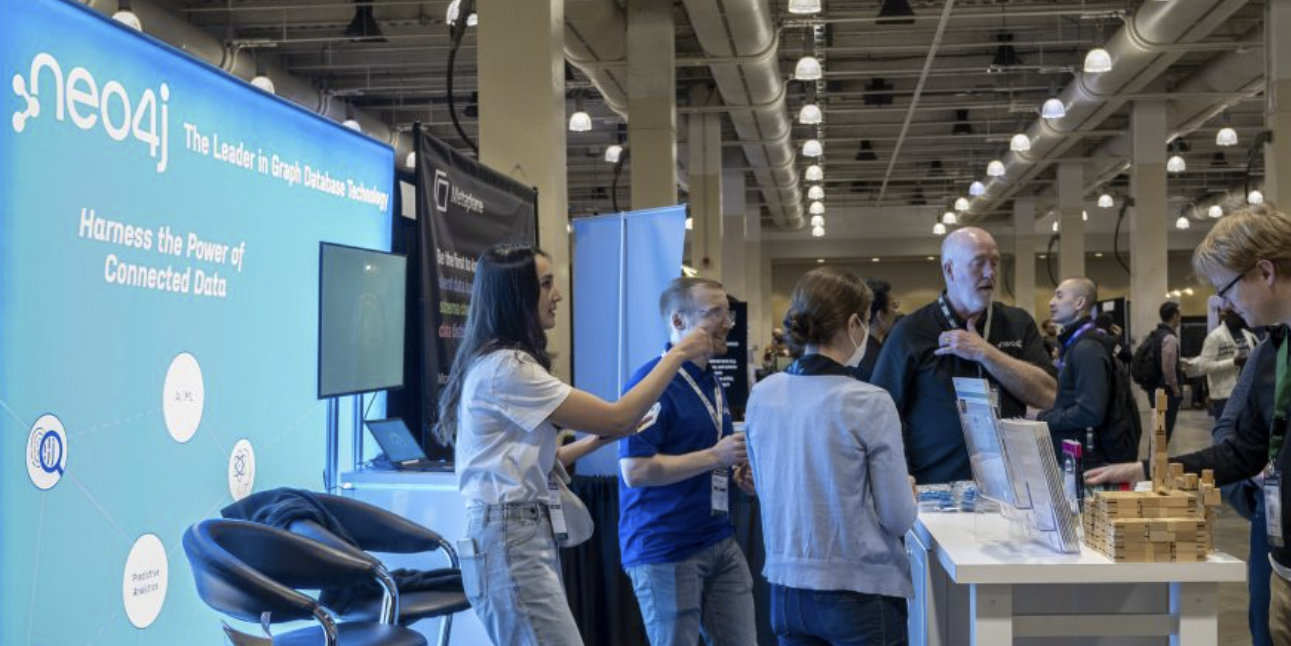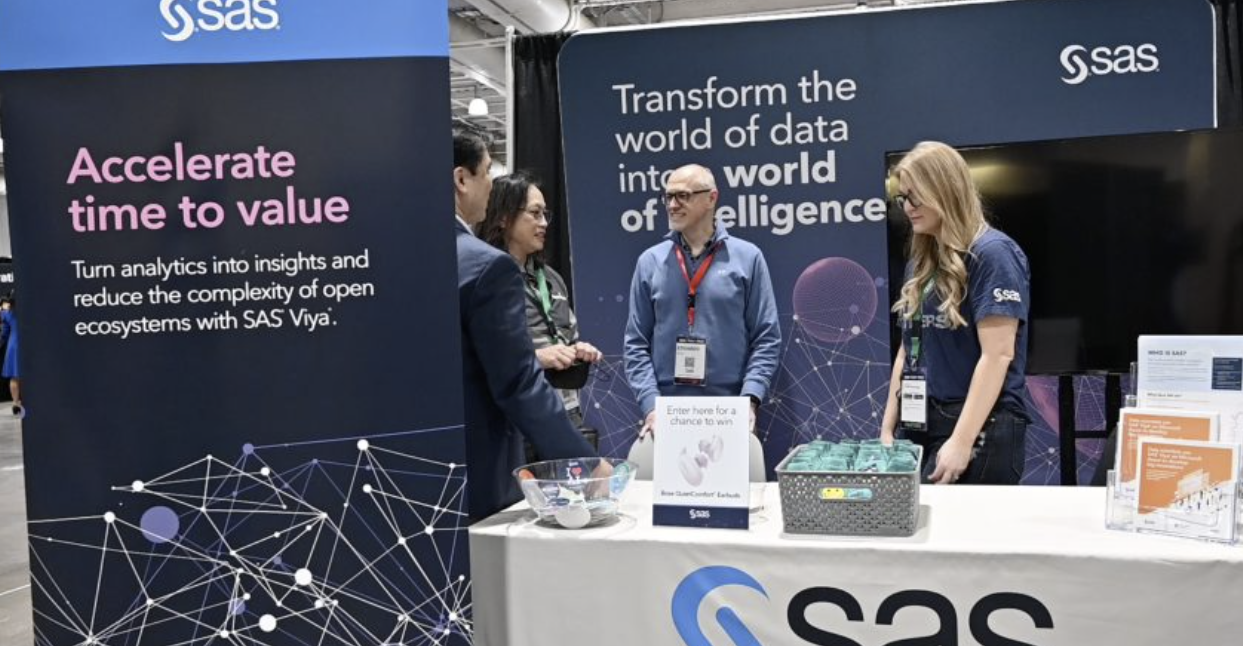By Alex Fedosov


Jesse Johnson of UCDavis presented on ways to improve cooperation between scientists and data scientists using reciprocal development principles. This included setting objectives, improving communication, utilizing proper tooling, and adhering to the agile manifesto. Additional information on this topic can be found at https://scalingbiotech.com.
Christina Qi of Databento discussed general problems of data collection, specifically in niche markets such as satellite data and research papers, where prices are on the rise. The need for new cost-effective and sustainable ways to collect data was highlighted.


Jacob Andreas of CSAIL MIT Lab discussed interpreting features in deep neural networks and explaining network behavior through the decisions of individual neurons using a sub-model trained to explain the results of the main model. This talk highlighted the importance of understanding the reasoning behind the decisions made by deep neural networks.
Rehgan Avon of AlignAI addressed the design challenges of building an AI-driven business model, starting from the concept and going up to the framework, roles, and tooling. It was emphasized that tooling should be the last aspect to consider, contrary to popular belief.
Sagar Samtani of DSAIL lab discussed the applicability of AI in the cybersecurity industry and explained why predictive analytics may not work well in some cases. The importance of using unsupervised learning models was emphasized, and the AI4Cyber VM, which features a mix of AI engines combined with cybersecurity tools, was presented as a solution.
In conclusion, the ODSC provided an excellent opportunity for data science professionals to share their insights on current topics and advancements in the field. Each presentation provided unique insights and approaches to solving challenges related to data science, including cooperation, hiring, design, and cybersecurity.
